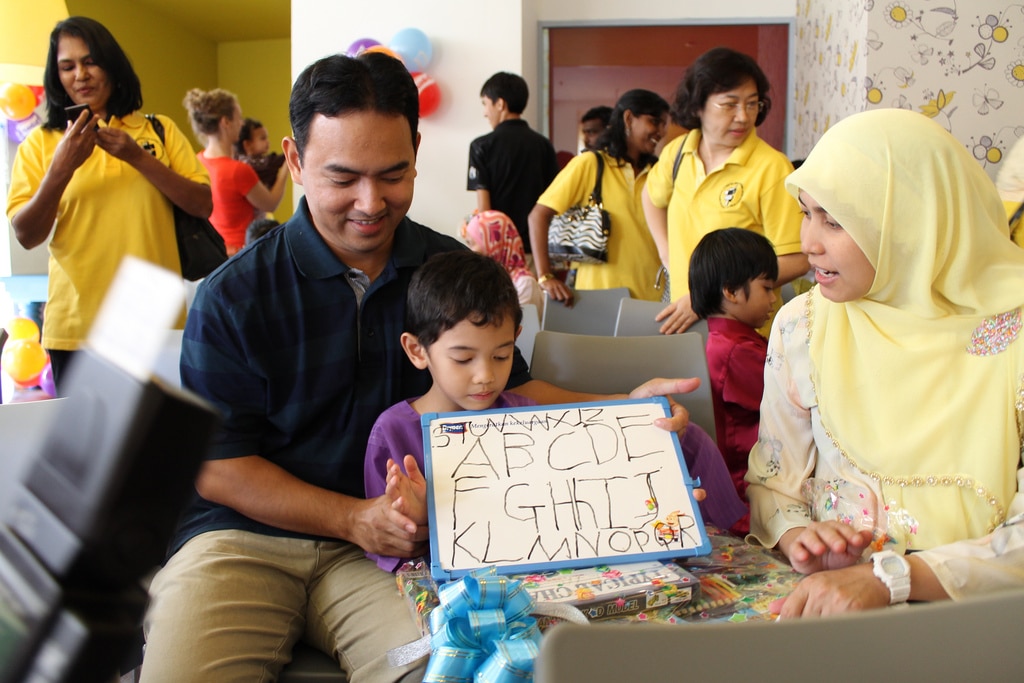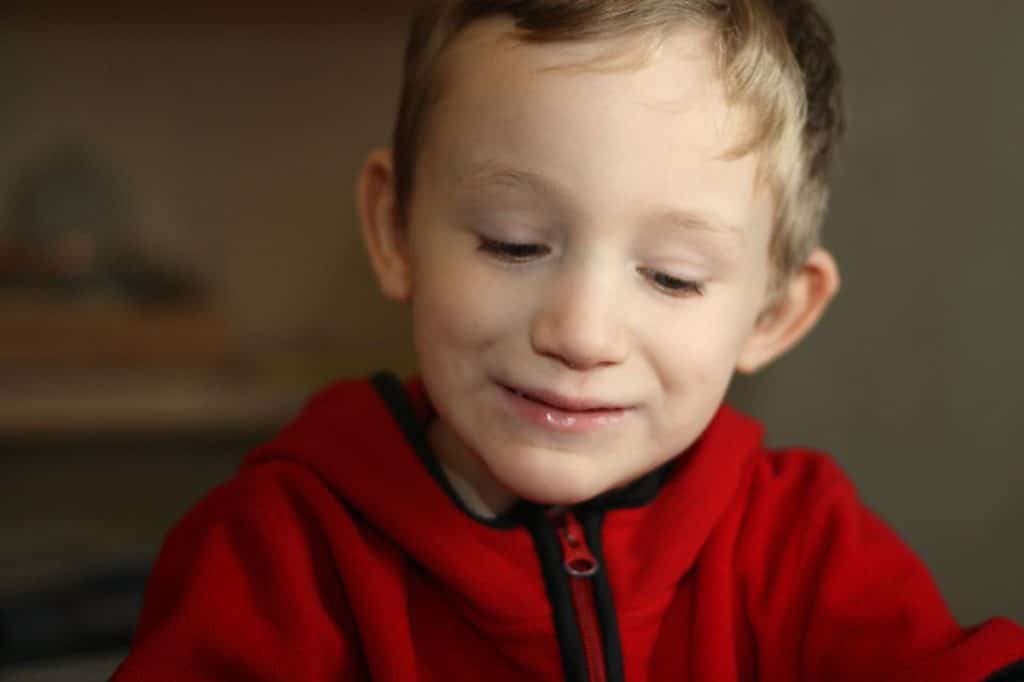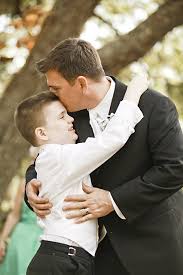Often, the most over looked and yet the most essential work is helping parents cope with an autistic child. Many times parents lose sight of how to care for themselves, their marriage and other children in the family because it can feel selfish or not as important.
I am not saying that something is being taken away from the autistic child. But something will be added by calmer more balanced parents.
The health and well being of the parents is essential because they are the ones driving the boat and setting the tone for the whole family.
Having autistic children, children with cerebral palsy, brain injury and other such impairments requires great patience, creativity, understanding, time and money. Consequently, there will be stress and negative feelings that need to be processed. This could be accomplished in support groups, psychotherapy, couples counseling and/or a date night.
Therefore, the parents of autistic children need support in these areas so they can provide the needed support to the autistic child in the family and the other children that are having to adjust their lives because of their autistic brother or sister.
If families have to repress too much of their stress, anger, disappointment and sadness, it can taint the love they have for their family and life itself.
There needs to be room for negative feelings and emotions in a family, especially the irrational ones. I am not saying to ruminate on these feelings or let them get destructive but acknowledge them as you would acknowledge love, appreciation, and affection. This results in more balance and compatibility with the other children in the family and the marriage.
For example, if one child says, “I’m am so sick of always talking about autism and what I need to accept because my brother is autistic.” As a parent you can respond with, “I get it. You are really angry and frustrated.” Then ask, “what else do you feel?” Then just listen, don’t fix it and especially do not tell him how he/she should feel. Let her have her anger and frustration. Then it does not get repressed and come out in a self destructive way.
Parents, children, and autism Therapy: Careful of the martyr role
If anyone in the family gets stuck in the martyr position, they will pay later with resentment and unconscious anger.
For example, as a psychotherapist, I have seen parents take their anger and frustration out on each other because they are neglecting themselves and their marriage. They are each working so hard to face the challenges of work and family life. Some times they secretly wonder, “What about me?” or “I miss my wife/husband/partner because we are working so hard” And then quickly push it down but later it comes out in a depression or stupid arguments that just cause more distance.
Another example, when we acknowledge, “I feel overwhelmed”, or “I miss the fun we use to have.”, there is a possibility to figure out how to take care of that, so there is a release from being the martyr, living a life out of guilt, or trying to meet some imaginary expectation of perfection.
It can seem like there is not enough time in the day to address all that is needed in the treatment for autism. How can parents possibly take time for themselves and their marriage? They have to make time. That’s where the creativity comes in.
For example, I knew a couple that had three children and one child was moderately autistic with some health problems. They did a trade with a neighbor who came in after dinner three nights a week for one hour so the couple could take a walk, hold hands and remember they were friends and lovers again. That’s creative and simple.
In an earlier article on understanding autism: “Autism, Fathers and Life” I described the necessary support and grieving process for fathers with infants just diagnosed with autism:
“These men could not just “get over” the emotions and “move on”. They could not just “pick themselves up by the bootstraps” and pretend that “it’s all good”. They first needed to acknowledge an emotional reality, a physical reality, and a new marriage reality that they had not planned. Then the possibility of gratitude and love for their child and family could return.”
Parents naturally become experts on autism treatment by studying the medical applications, finding the right occupational therapy for their autistic child, finding specialized psychotherapy treatment, financial considerations, insurance, support groups and so forth. It is worth it because they love their child but it can also become obsessional and then drain a couple’s energy so there isn’t enough for themselves and each other.
The following gives an overview of how therapists and doctors determine a diagnosis from the DSM-V, a manual that defines symptoms and characteristics so medical professionals, psychotherapist, occupational therapist, speech therapists and so forth, can talk the same language. Autism Spectrum Disorder is under the heading of Neurodevelopment Disorders.
“Neurodevelopmental disorders are a group of conditions with onset in the
developmental period. The disorders typically manifest early in development, often before the child enters grade school, and are characterized by developmental deficits that produce impairments of personal, social, academic, or occupational functioning.”
“For example, autism
spectrum disorder is diagnosed only when the characteristic deficits of social communication are accompanied by excessively repetitive behaviors, restricted interests, and insistence on sameness.
Autism spectrum disorder is characterized by persistent deficits in social communication and social interaction across multiple contexts, including deficits in social reciprocity, nonverbal communicative behaviors used for social interaction, and skills in developing, maintaining, and understanding relationships.” DSM-V, page 31.
For a detailed definition of Autism Spectrum Disorder see the following:
Autism Spectrum Disorder, DSM-V, page 50.



